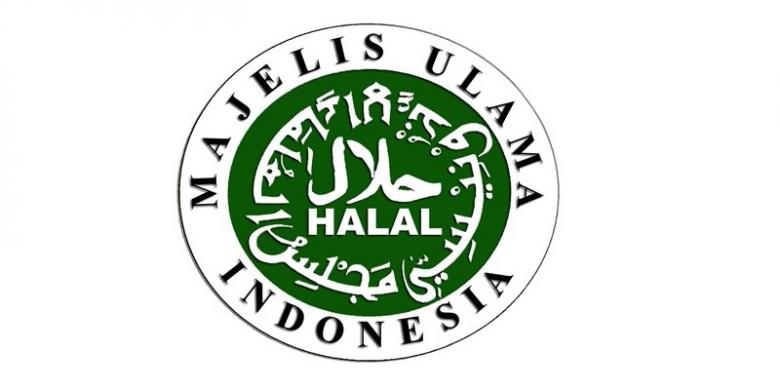Many Muslims in Indonesia always look for the little green halal certification stamp before deciding to dine at a restaurant, buying food products or even purchasing cosmetics. Needless to say, it’s important that the body that issues the halal certification, the Indonesian Ulema Council (MUI), be a completely credible entity.
But critics have long suggested that MUI might be more motivated by profit that religious principles. And those criticisms have only intensified after MUI recently rejected calls to make their finances more transparent to the Indonesian public.
The Central Information Commission (KIP) requested, under the Public’s Right to Information Act of 2008, that MUI disclose their accounts so that they could be made available to the general public. The KIP argued that this is necessary because the MUI receives funding from the Central Budget, Regional Budgets, as well as from corporations and individuals in Indonesia and abroad who apply for halal certification for their products.
As things stand, MUI’s accounts are only auditable by the Ministry of Religion and the Supreme Audit Agency (BPK).
“MUI should be grateful [for this request] so that all suspicions that individuals within MUI receive money from Saudi Arabia, or that MUI receives funds (bribes) to process halal certificates can dissipate if they can be audited by the public,” said Lies Marcoes-Natsir of the non-profit institution Rumah Kita Bersama, as quoted by BBC Indonesia.
MUI doesn’t seem like they’re going to budge.
“The BPK and the Ministry of Religion have been auditing us for years, and there has never been a problem… Should all of [MUI’s] money be explained to the public?” said MUI Secretary General Anwar Abbas.
Erm, yes?
It’s one thing if MUI receives bribes for halal certifications, but it’s even more unfortunate if Muslims can’t consume certain products that are supposed to be halal but have no certification just because the producers refuse to pay (or bribe) MUI to acquire it.
If MUI denies all of those allegations, then they shouldn’t be afraid of becoming more transparent to the public – if they are indeed running a clean operation.
This is hardly the first time MUI’s funding has come under the spotlight. Back in 2014, the government demanded that the authority to issue halal certificates be given to the Ministry of Religion instead of MUI. The government said it wasn’t fair that only one Islamic organization be assigned the authority to issue all halal certificates – then priced at Rp 5 million each – and keep all of the proceeds. But MUI was able to successfully hold on to their exclusive rights.




